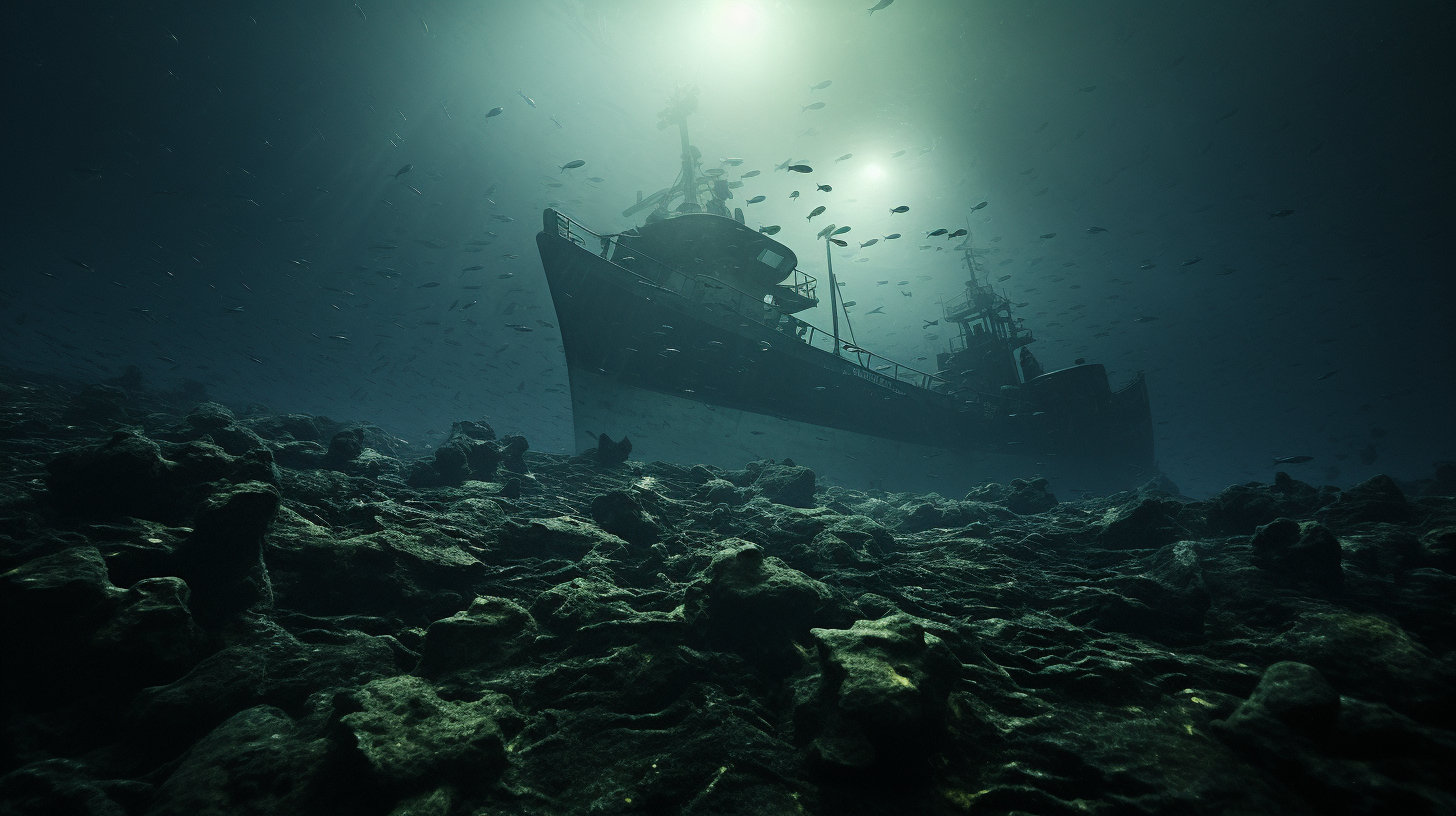The ocean, once a symphony of aquatic sonnets, has fallen eerily silent. Gone are the days where the marine chorus – a rich cacophony of clicks, songs, and whistles from a plethora of sea creatures – would envelop the underwater world in a blanket of bioacoustic activity. What was once a sign of a healthy, vibrant ecosystem teeming with life has become yet another casualty in our greed-induced dystopia. The ‘Silenced Seas’ serve as a morose metaphor for the biological bankruptcy we are facing.
This unprecedented disappearance of sound marks more than just a sensory loss; it signifies the crumbling pillars of marine life. Whales that once wept for the corals now no longer cry nor exist; their silence in itself is a deafening alarm for the state of our oceans. The disquietude goes beyond just the lack of whales, extending to every stratum of marine life once animated by sound.
Marine biologists and acousticians alike have taken notice. Through interviews with these scientists, we learn about the grave importance of oceanic sounds – for navigation, for communication, for mating, and for survival. The unraveling of this complex web of sound indicates a broader systemic collapse, with dire implications for biodiversity and human sustenance. The reduction in ambient ocean noise isn’t just concerning; it’s catastrophic.
‘The Vibrant Silence’, as one acoustician dubbed it, isn’t a peaceful quietude but the harrowing hush of extinction. Our cruise ships, our oil rigs, and our insatiable appetite for the ocean’s bounty have all contributed to this haunting hush. Overfishing, climate change-induced warming waters, ocean acidification – these relentless assaults on marine environments have stifled the once ubiquitous marine murmur.
The repercussion of our actions has been echoed in past articles that touched upon the deeper narratives like ‘Whales Weep for the Corals’ and ‘Echoes from the Drowned Archives’. The submerged cities and the lost archives now have their underwater counterparts in the muted marine habitats, once repositories of natural wonder.
The prognosis is grim; as acoustic diversity fades, so does the resilience of marine life. Experts suggest that these changes in ocean soundscapes possibly foreshadow a silent world above the surface, where biodiversity’s collapse reverberates through the foundations of human civilisation. Meticulously, we have composed an endgame requiem for the planet’s most majestic theatre.
Perhaps, it is in this silence where we finally find the space to reflect – to realize the depth of our neglect and to mourn the immense wealth of life that has been silenced forever. The muted seas stand as an ominous sign for a future that is already upon us; a future drowned in the consequences of our own making.
The tragic coda of this marine dystopia isn’t just a narrative of loss but is a chilling reminder of the importance of the sounds that we no longer hear. The song of the sea has ceased, and with it, the last whispers of what could have been, are vanishing beneath the waves.
This article, without inflating any false hope, lays bare the undeniable truth – the seas are changing, and we are the maestros of this melancholy melody. The question we are left to ponder is not whether we can bring back the maritime music, but rather, how we will compose ourselves in the silence that remains.
